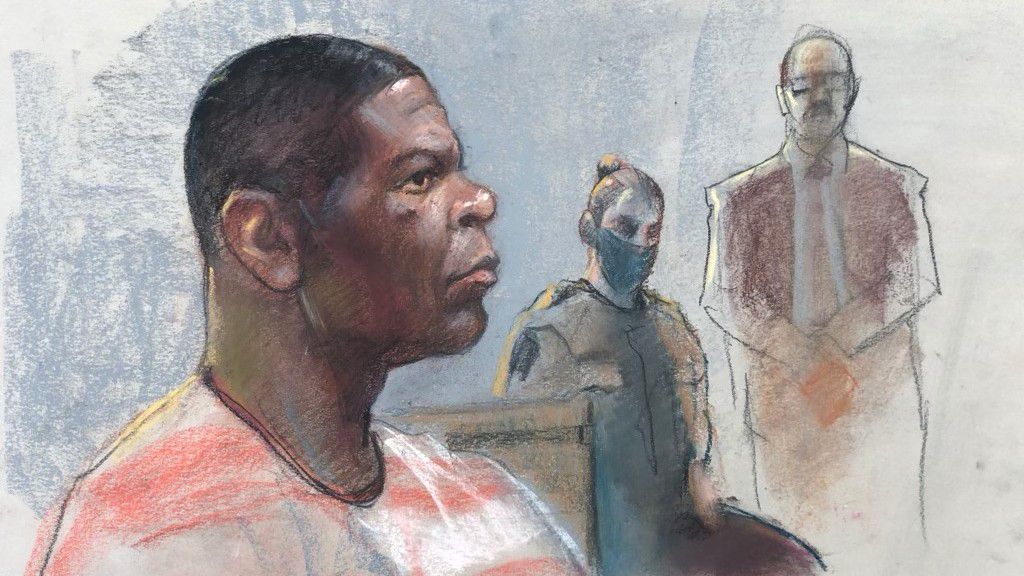BASTROP, Texas 一 In the second week of Rodney Reed's evidentiary hearing, the state's attorneys called witnesses to testify, with the final witnesses taking the stand on Thursday, as they defended their original conviction of Reed for the 1996 murder of 19-year-old Stacey Stites.
After DNA that matched Reed's was found in Stites' body, Reed was convicted of Stites' murder in 1998 and sentenced to death.
Days before Reed's scheduled execution in 2019, he was granted an indefinite stay of execution and a new evidentiary hearing, due to the defense's argument that the prosecution both withheld evidence and presented false evidence in the initial trial.
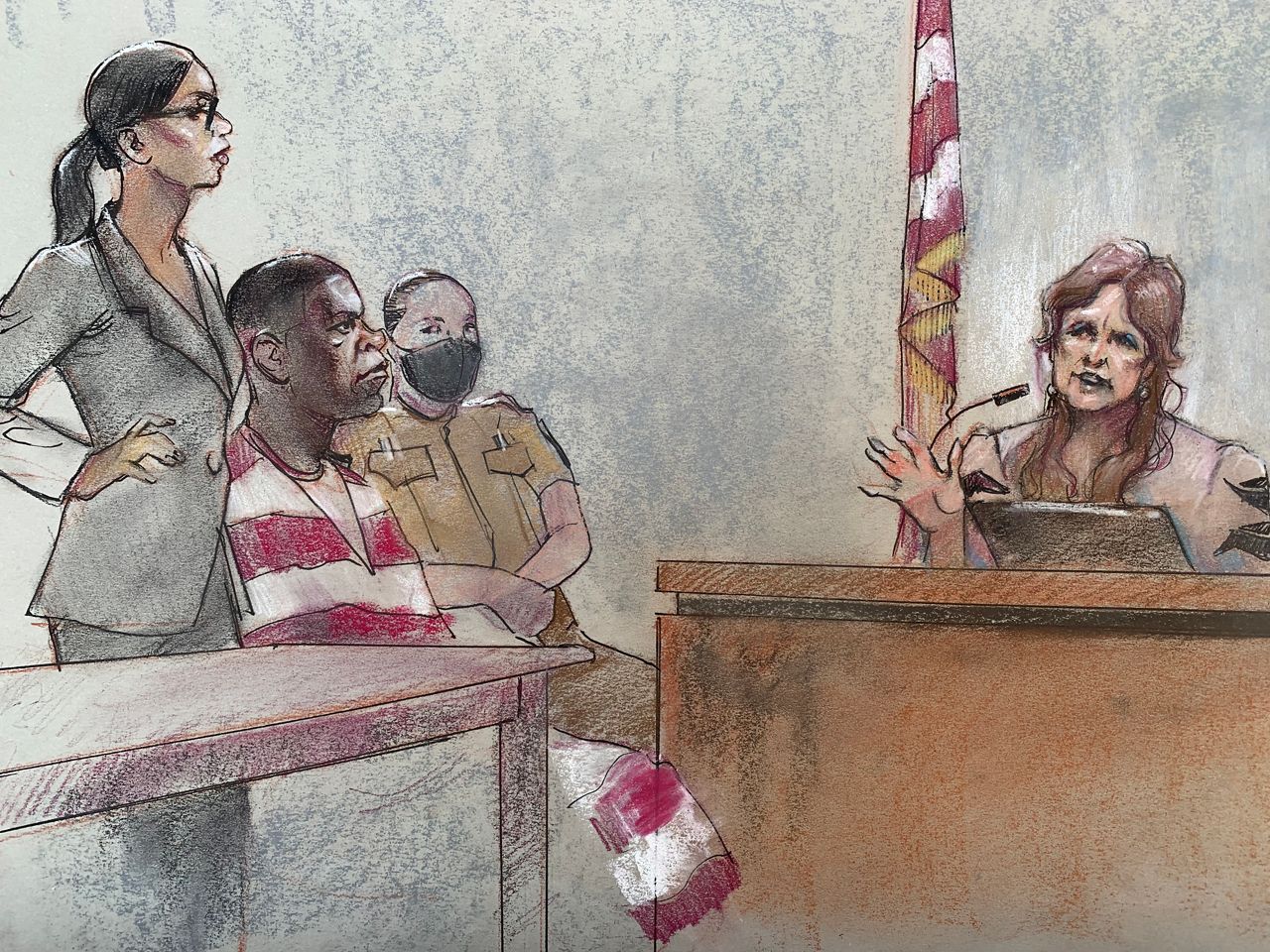
Reed's attorneys have long claimed Reed is innocent and he and Stites were in a consensual relationship, pointing towards Stites' fiancé, Jimmy Fennell Jr., as the killer.
Last week, the defense team brought in nearly 20 witnesses over four days, several of whom recounted memories of seeing Stites and Reed together, or being told by Stites that she was having an affair with Reed.
Other witnesses testified about seeing Fennell act aggressively or as if he were capable of violence, and two testified that Fennell confessed to Stites' murder while in prison for an unrelated sexual assault.
The defense also brought in two expert forensic pathologists, who analyzed photos, videos, and the reports from the crime scene and Stites' autopsy. They argued that based on the rigor mortis, post-mortem stiffening of the body, and the livor mortis, post-mortem blood pooling, of Stites' body, that she had died hours earlier than the 3 to 5 a.m. time of death window that is central to the state's timeline of the crime.
They also disputed the original medical examiner's report, saying that Stites' body did not have injuries that indicate she was sexually assaulted before or after her death.
Fennell also testified last week, disputing all the claims previous witnesses had made about his character and a potential affair between Stites and Reed.
Beginning on Friday, July 23, the state began calling its witnesses, making its case to uphold Reed's conviction for Stites' murder.
Of the five witnesses that took the stand Friday, the majority of the time was spent questioning David Board, a former investigator with the Bastrop County Police Department, and Rocky Wardlow, a former Texas Ranger, who was the lead investigator in the Stites case.
They answered questions about how the investigation was conducted, and how they analyzed the crime scene, the truck, and Stites' body.
The state pressed both Board and Wardlow to elaborate on why they had Reed's DNA compared to the DNA found in Stites' body, ultimately discovering it was a match.
Board and Wardlow said they had Reed's DNA in the system because a woman accused him of sexual assault in 1995.
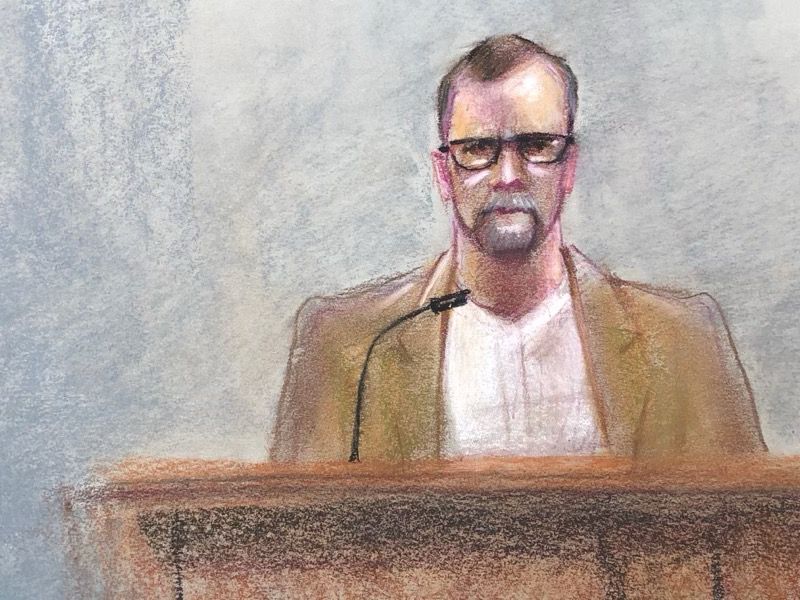
Investigators collected evidence and kept DNA samples from it, but the victim never pursued charges.
Then in the fall of 1996, a woman from Austin reported a man tried to abduct her, and ultimately identified Reed as her assailant through a photo lineup.
Wardlow noted the similarities between that case and Stites' murder, which led him to have Reed's DNA compared with the DNA in the Stites' case.
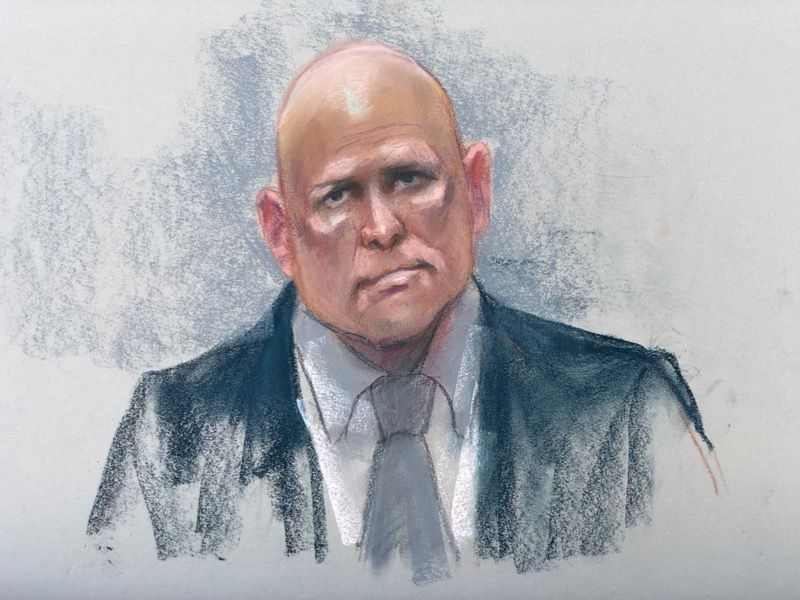
The defense questioned how thoroughly the investigators looked into Fennell, pressing them about why they didn't conduct a search of Fennell's apartment after Stites' body was found, despite Fennell being a key suspect in the case and failing two polygraph tests.
Reed's attorneys also brought up a report that showed records of interviews the investigators conducted with friends and coworkers of Stites, pointing out that some mentioned Fennell was “jealous and controlling," and didn't like it when Stites spent time with her friends, with one interviewee saying she believed “the boyfriend killed her."
On Monday, the state called three witnesses to the stand, spending the majority of the day questioning the second, Dr. Deborah Davis, a psychologist and professor who is an expert on memory, especially witness memory and false confessions.
She testified as to how memory is created and stored, can become distorted over time, and be influenced by media coverage and shifting perceptions and beliefs.
Part of the state's goal in calling Davis to testify was likely to cast doubt on the credibility of the witnesses the defense called to the stand the previous week, as many shared their 25-year-old recollections of Stites, Fennell, and Reed.
In the state's questioning, they strongly implied that many of those memories were inaccurate based on how much time has passed, or that the defense witnesses' testimony was based on false memories they’ve constructed due to media coverage and the attention the case has gotten.
In their cross examination, the defense argued that it's possible for witnesses to have some incorrect recollection of certain details in a memory without the whole memory being false, and that a memory might be more salient if it were of something serious or uncommon, like a murder confession.
The state also questioned Dr. Suzanna Dana, a forensic pathologist, on both Monday and Tuesday.
Dana disputed the testimony from the two doctors and pathology experts the defense called up last week, who had examined photos and videos from the crime scene and autopsy, and said based on how stiff Stites’ body was that she had died much earlier than the state says.
Dana disagreed, saying that in her opinion the state’s window of when Stites died is consistent with the condition her body was in when she was found.
After the state finished questioning Dana on Tuesday, forensic pathologist Dr. Norma Farley took the stand and also disagreed with the defense's experts' testimony.
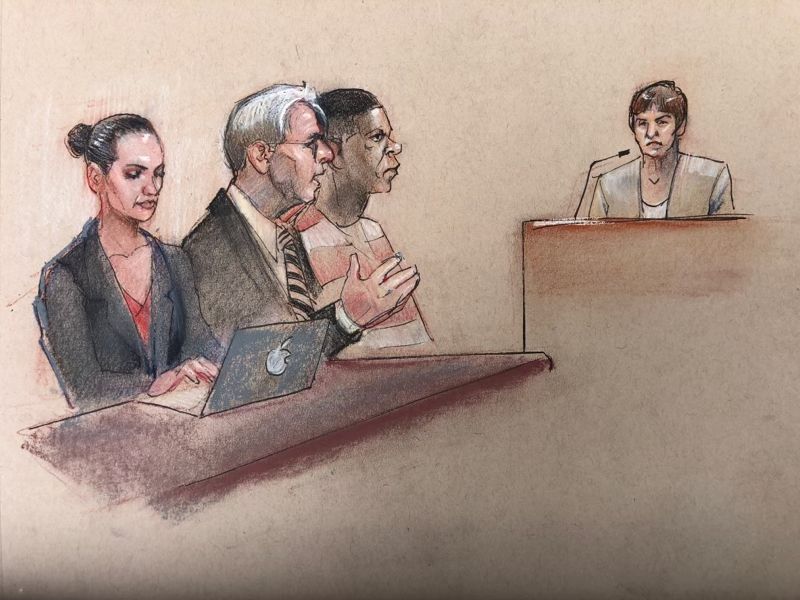
Tuesday concluded with testimony from Amber Moss, of the Texas Department of Public Safety Criminal Laboratory, who testified about what kind of DNA testing was done on evidence in the Stites case, specifically which swabs from Stites' body were found to have DNA consistent with Reed's.
On Wednesday, 10 of the state's witnesses took the stand, beginning with Allison Heard, who also works at the Texas Department of Public Safety Criminal Laboratory.
She conducted a re-analysis of DNA testing that was done on two beer cans that were found near Stites' body.
She said when the cans were tested back in 2001 the lab was able to match DNA on one of the cans to three people: Stacey Stites, and two other men named David Hall and Ed Semela.
But when Heard re-analyzed the results in 2019, she said based on the quality and quantity of DNA on the can, by today’s standards she would not be able to make any definitive conclusions about who that DNA belonged to.
That contradicts a theory the defense has floated, that Fennell killed Stites and had help disposing of her body.
The defense questioned why the belt, which is considered to be the murder weapon, was not tested for DNA, and Heard said she didn't have any direct knowledge of that because she wasn’t involved in negotiations about what was to be tested and what wasn’t. She did say though, that how the evidence was handled and stored, if it was done improperly, could have been a reason why the belt was not ultimately tested.
Family members of Jimmy Fennell Jr. and Stacey Stites also testified on Wednesday.
Fennell’s sister, cousin, and mother testified about Fennell's character, saying he has always been shy and soft spoken, and described him as respectful, reserved, caring, and a gentleman.
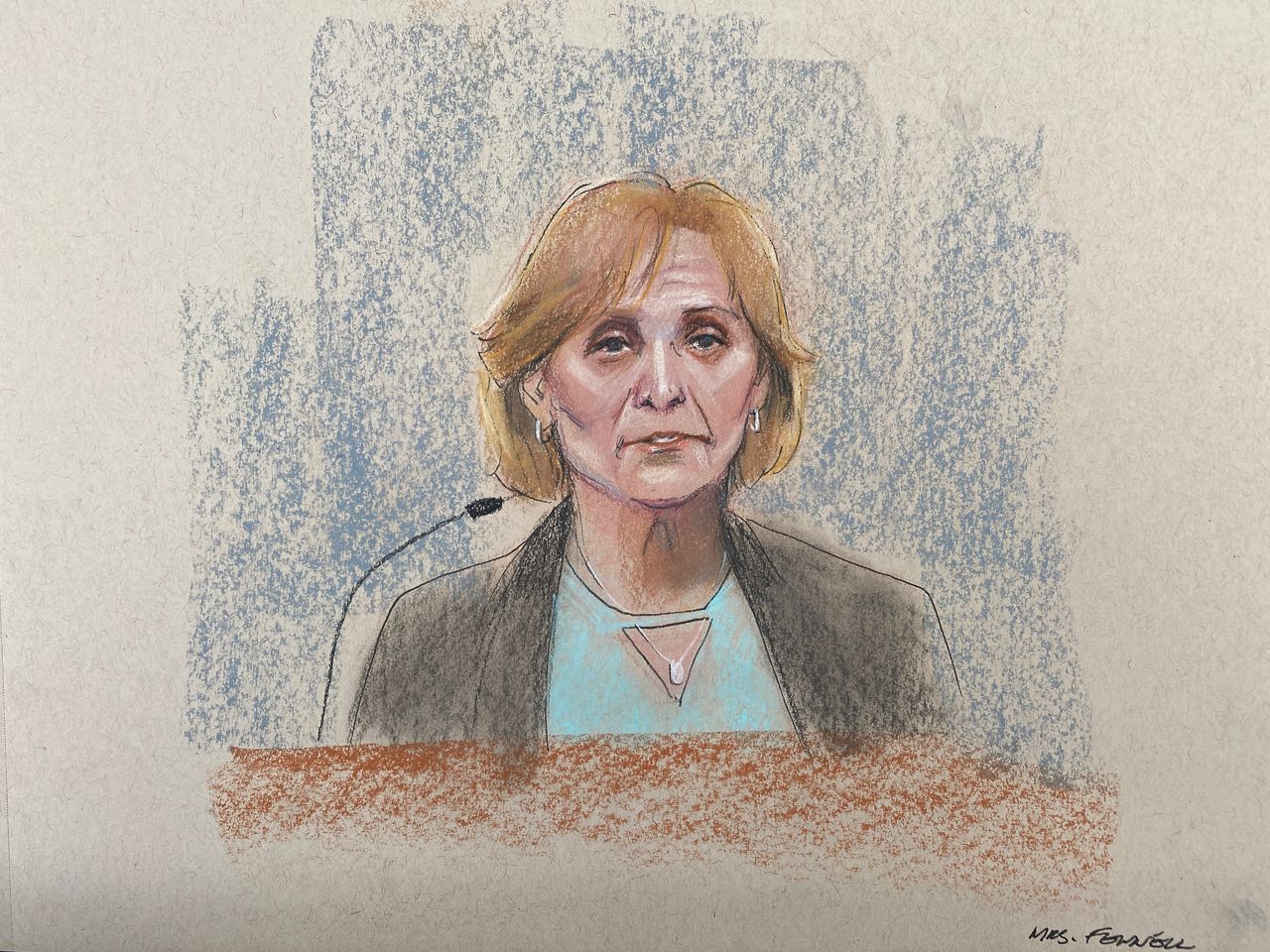
They also spoke about how excited both Stites and Fennell were to get married, and that they never saw any signs of dysfunction between Stites and Fennell.
They said when Stacey went missing and her body was ultimately found, they held Fennell as he cried, saying her murder "broke him" and "he was a mess."
Debra Oliver, Stites' sister that was closest in age to Stacey, also testified. She shared with the court that she and Stacey were extremely close, and she was supposed to be Stacey's maid of honor in her wedding.
Oliver said Stacey was excited to be getting married, and never said anything about having an affair with anyone. She said Stites never mentioned Reed, and never mentioned being unhappy in her relationship. Oliver made it very clear that she has never been suspicious of Fennell, and does not believe he killed her sister.
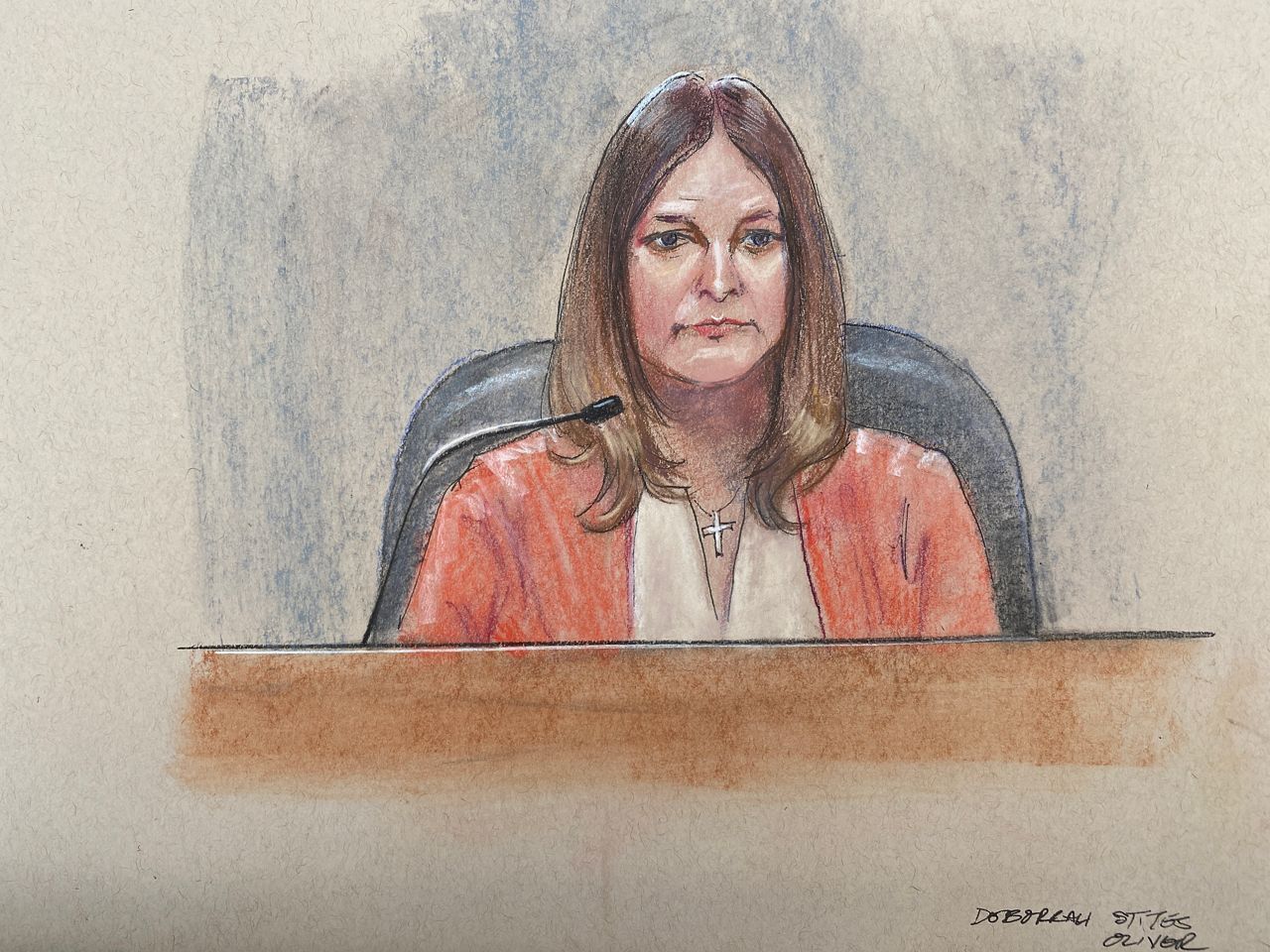
On Thursday, the state called its final witnesses to the stand, several of whom were friends or coworkers of Stites, and said she seemed happy and excited to marry Fennell.
The state's last three witnesses though, testified about other charges against Reed.
Vivian Harbottle Chapman testified that she was raped in 1995, about six months before Stites’ murder. The DNA from her rape kit was eventually matched to Rodney Reed.
Another woman, Linda Schlueter took the stand, and said in 1996, about six months after Stites was killed, a Black man tried to abduct and assault her, but she was able to get away.
She reported the incident to police and was later shown a photo lineup, where she immediately identified Reed as her assailant.
The defense strongly objected to their testimony, saying that Reed has never been convicted for those crimes, and in 25 years the state has never pursued those charges against him.
The judge agreed to allow their testimony to be part of the record, but has not said whether he will take those witnesses into consideration when writing his opinion on this case.
The court adjourned Thursday afternoon, but will reconvene later in August for both sides to present their closing arguments. After, the judge will have some time to review all the evidence and testimony, before issuing his recommendation on whether the Court of Criminal Appeals should grant Reed a new trial.



